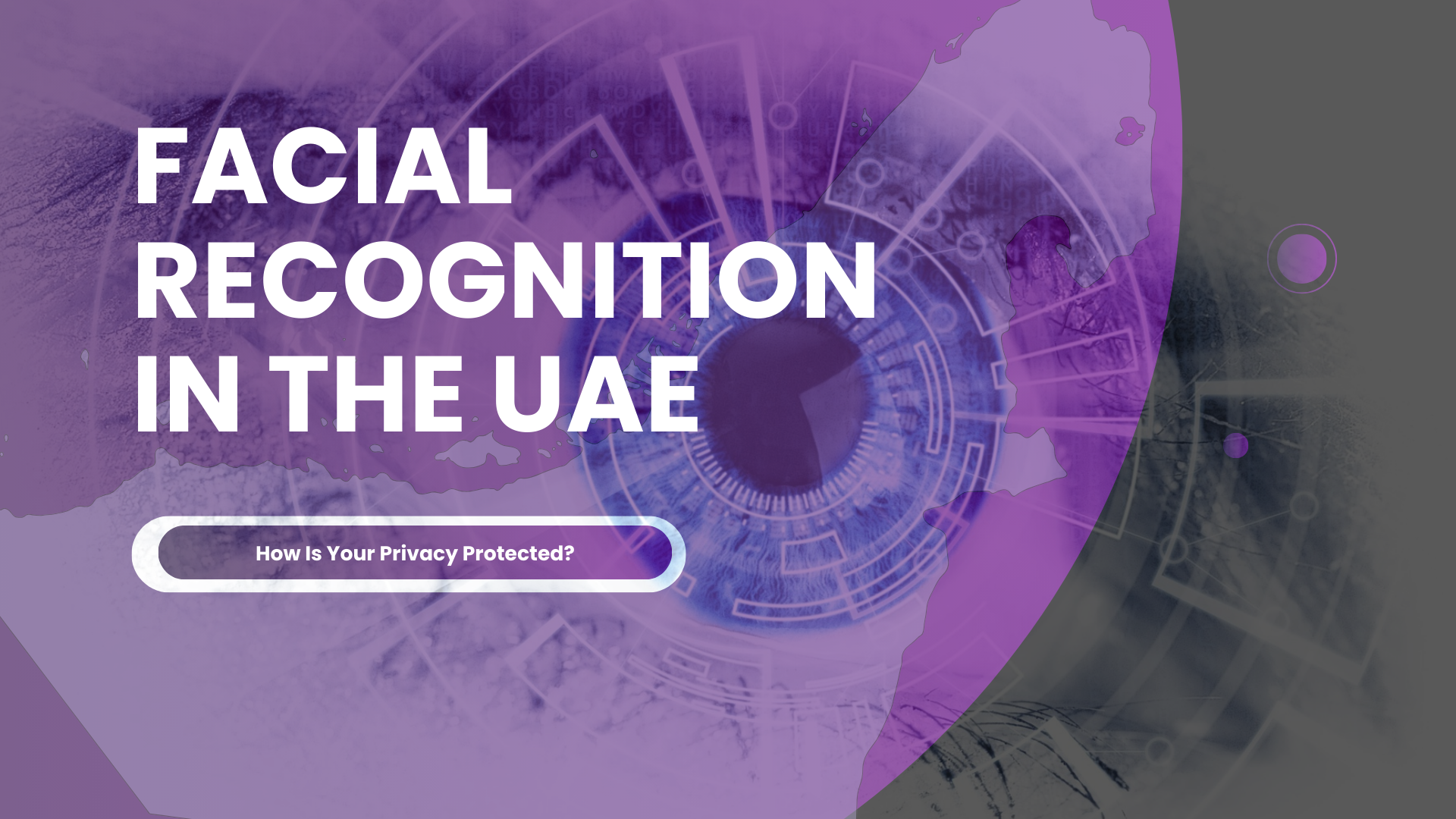 HARO Backlinks – Get Cited Like a Pro in Top Media!
HARO Backlinks – Get Cited Like a Pro in Top Media!
UAE PDPL — UAE Personal Data Protection Law
Written by UAE-PDPL » Updated on: June 17th, 2025

In an era where data fuels businesses and innovation, safeguarding personal information has become a top priority. The UAE Personal Data Protection Law (PDPL), enacted on January 2, 2022, marks a significant milestone in the country’s digital transformation journey. Governed by the UAE Data Office, PDPL ensures a robust framework for data privacy, aligning the nation with global standards like GDPR. This blog breaks down PDPL’s key provisions, applicability, and compliance requirements for businesses.
The Evolution of UAE PDPL
PDPL emerged following the establishment of the UAE Data Office under Federal Decree-Law №44 of 2021. This regulatory body oversees compliance, processes complaints, and manages cross-border data transfers, ensuring secure and ethical data handling across sectors.
Who Does PDPL Apply To?
PDPL, as outlined in Article 2, applies to:
Entities operating within the UAE that process personal data electronically.
Foreign organizations handling the data of UAE-based individuals.
Exemptions:
Government entities
Personal use of data
Free zones with separate data protection laws (e.g., DIFC, ADGM)
Key Definitions (Article 1)
Understanding the legal definitions within PDPL is crucial for compliance:
Personal Data: Any information that identifies an individual, directly or indirectly.
Sensitive Personal Data: Includes health records, biometric data, religious beliefs, and other sensitive information.
Controller: The entity that determines the purpose and means of data processing.
Processor: A third-party organization handling data on behalf of a controller.
Individual Rights Under PDPL (Articles 13–18)
PDPL grants individuals greater control over their personal data, empowering them with rights such as:
Access & Portability — Retrieve and transfer data between service providers.
Correction & Erasure — Request updates or deletion of inaccurate or unnecessary data.
Objection & Restriction — Limit data usage, especially for direct marketing purposes.
Consent Withdrawal — Revoke prior consent at any time.
Compliance Requirements for Businesses
Under Articles 7–12, organizations must adhere to stringent compliance obligations, including:
Robust Security Measures — Implement encryption, pseudonymization, and secure access controls.
Data Protection Impact Assessments (DPIAs) — Evaluate and mitigate risks in high-risk data processing (Article 21).
Appointment of a Data Protection Officer (DPO) — Required for businesses handling sensitive or large-scale personal data.
Cross-Border Data Transfers (Articles 22–23)
Transferring personal data outside the UAE is permitted only if:
The receiving country ensures equivalent data protection standards.
The individual provides explicit consent.
Binding corporate rules (BCRs) or contractual safeguards are in place.
Data Breach Notification (Article 9)
In case of a data breach, organizations must promptly notify:
The UAE Data Office — Detailing the breach, risks, and mitigation steps.
Affected individuals — If the breach poses a significant risk to their privacy.
Enforcement & Penalties
The UAE Data Office enforces compliance, investigates complaints, and imposes penalties for violations. While PDPL itself does not define fines, breaches may be punishable under UAE cyber laws, with potential penalties including:
Fines between AED 150,000 to AED 5 million
Temporary detention or imprisonment (6 months to 1 year)
Complementary Data Protection Laws in the UAE
PDPL is part of a broader regulatory landscape that includes:
Consumer Protection Law (Federal Law №15 of 2020) — Safeguards consumer rights, including personal data.
ICT Health Law (Federal Law №2 of 2019) — Regulates the use of electronic health records and patient data.
Cybercrime Law (Federal Decree-Law №34 of 2021) — Addresses online data misuse, hacking, and fraud.
Dubai Data Law — Strengthens data privacy regulations within Dubai’s jurisdiction.
Electronic Transactions Law — Ensures the validity of digital contracts and e-signatures.
Conclusion
The UAE’s Personal Data Protection Law (PDPL) is a game-changer for data privacy, aligning the country with global best practices. Businesses must prioritize compliance to avoid penalties and build trust in the digital economy. As the UAE continues its rapid technological advancement, PDPL will play a crucial role in balancing data security, innovation, and economic growth.
Stay Compliant, Stay Secure
Organizations operating in the UAE must take proactive steps to align with PDPL by:
Conducting regular data audits
Implementing privacy policies in line with UAE PDPL
Training employees on data protection best practices
Appointing a Data Protection Officer (DPO) where necessary
By embracing PDPL compliance, businesses can enhance their credibility, protect consumer data, and contribute to a more secure digital landscape in the UAE.
Note: IndiBlogHub features both user-submitted and editorial content. We do not verify third-party contributions. Read our Disclaimer and Privacy Policyfor details.
Copyright © 2019-2025 IndiBlogHub.com. All rights reserved. Hosted on DigitalOcean for fast, reliable performance.












